Beetroot juice has become an increasingly popular health drink due to its nutritional profile and scientifically-backed therapeutic properties.
With its deep red hue and distinct earthy taste, beetroot juice contains a wealth of vitamins, minerals, and antioxidants that provide a range of health benefits.
Research has found that drinking beetroot juice can boost cardiovascular health, enhance athletic performance, and even fight inflammation and oxidative stress.
With today's post, we'll explore the key evidence-based health benefits of drinking beetroot juice, its nutritional constituents, and some tips for how to add it to your diet.
Nutrition Profile and Antioxidant Content of Beetroot Juice
Beetroot juice stands out for its diverse spectrum of essential vitamins, minerals, and antioxidants.
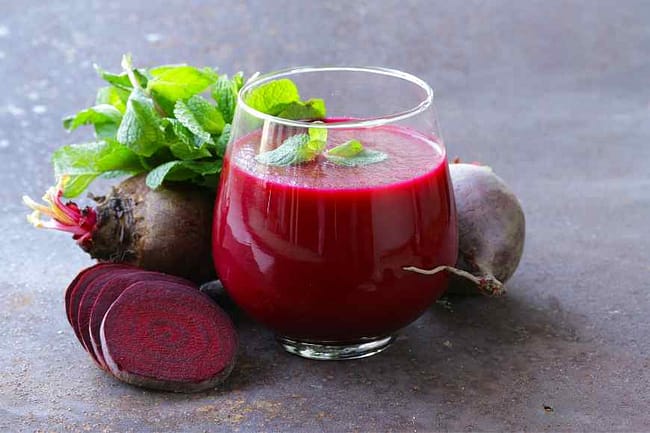
These include potassium, magnesium, iron, folate, nitrates, phenolic compounds, betalains, and powerful anti-inflammatory agents.
Drinking just one cup of beetroot juice can substantially increase your recommended daily intake of certain nutrients.
Consuming beetroot juice regularly can help prevent nutritional deficiencies and promote overall health.
Let's analyze the key nutritional constituents of beetroot juice and their associated benefits:
Vitamins and Minerals
Beetroot juice contains a wide array of essential vitamins and minerals.
Some of the critical vitamins found in beetroot juice include:
- Folate - Beets are exceptionally high in folate, providing about 30% of the RDI in one cup of juice. Folate helps prevent anemia and supports healthy cell growth and division.
- Vitamin C - This potent antioxidant vitamin boosts immunity, promotes collagen production, and acts as an anti-inflammatory in the body.
- Vitamin B6 - This B vitamin is vital for metabolizing nutrients and supporting nervous system function. It also helps make hemoglobin which carries oxygen through the blood.
Some of the main minerals provided by beetroot juice include:
- Potassium - The high potassium content helps control blood pressure, counters sodium, and prevents muscle cramping.
- Magnesium - This mineral aids blood pressure regulation, bone health, and muscle and nerve function.
- Iron - Beetroot juice is helpful in preventing iron deficiency, boosting hemoglobin and oxygen transport.
- Zinc - Zinc assists in immune function, protein synthesis, DNA repair, and growth and development.
This diversity of vitamins and minerals makes beetroot juice an excellent way to meet your daily micronutrient needs.
Incorporating it into your routine provides broad nutritional benefits. Cucumber juice benefits a close seconded when it comes to vitamins and minerals.
Antioxidants
In addition to vitamins and minerals, beetroot juice contains a spectrum of antioxidant compounds that neutralize free radicals and reduce oxidative stress in the body.
Some of the essential antioxidants found in beetroot juice include:
- Betalains - These are the pigments that give beets their vivid red color. Betalains possess potent antioxidant, anti-inflammatory, and detoxification abilities.
- Anthocyanins - These flavonoid antioxidants are known to protect against heart disease and have anti-aging benefits.
- Phenolic acids - Various phenolic acids like caffeic and ferulic acids act as antioxidants and exhibit anti-tumor effects.
- Flavonoids - Beetroot contains antioxidant flavonoids like quercetin that reduce inflammation and strengthen immunity.
- Vitamin C - Already mentioned for its vitamin role, vitamin C is also a powerful antioxidant that neutralizes damaging free radicals.
- Folate - Besides its role in anemia prevention, folate has antioxidant properties that help reduce DNA damage.
A glass of beetroot juice can provide a concentrated dose of antioxidants that enhance the body's defenses and combat disease.
The rich diversity of antioxidants is a major contributor to the health benefits of beetroot juice.
Anti-Inflammatory Compounds
Chronic inflammation is the root of most modern diseases, including heart disease, cancer, diabetes, and autoimmune conditions.
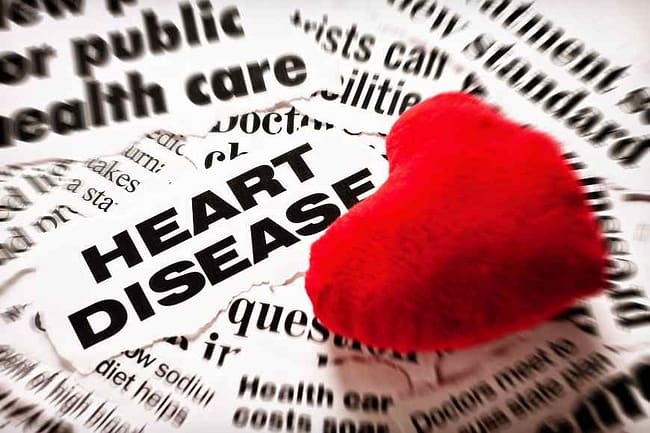
Beetroot juice contains unique anti-inflammatory compounds that can help tame inflammation when consumed regularly.
One of the key anti-inflammatory agents in beets is betalains.
These pigments possess powerful anti-inflammatory capabilities because they inhibit the pro-inflammatory COX and LOX enzymes.
Studies have found that beetroot supplementation can reduce inflammatory markers like IL-6, TNF-alpha, and hs-CRP.
These markers are associated with higher risks of inflammatory issues like cardiovascular disease, arthritis, and metabolic syndrome.
Additionally, beets' antioxidant and phenolic compounds demonstrate anti-inflammatory activities by scavenging inflammatory-causing free radicals.
Including beetroot juice in your diet can lower systemic inflammation for improved immunity, cardiovascular health, and reduced disease progression.
Key Health Benefits of Beetroot Juice
Now that we've covered the nutritional profile of beetroot juice let's explore some of the major science-backed health benefits it can provide:
Improves Heart Health and Lowers Blood Pressure
One of the most well-researched benefits of beetroot juice is its ability to improve cardiovascular health and lower blood pressure.
Beets contain high amounts of dietary nitrates.
Your body converts these nitrates into nitric oxide, which is a compound that dilates blood vessels and improves circulation.

This blood vessel relaxation effect of nitric oxide helps lower high blood pressure.
It also enhances blood flow and oxygen delivery for better heart function.
Multiple clinical studies confirm that drinking beetroot juice can significantly reduce both systolic and diastolic blood pressure.
One study found 8 ounces of beetroot juice was enough to lower systolic blood pressure by 4-10 mmHg within just a few hours.
Research also shows that beetroot juice can improve blood vessel elasticity and function.
Plus, it helps lower LDL (bad) cholesterol and your risk of plaque build-up and blood clots.
This adds up to better heart health and protection against heart disease, heart attacks, and stroke.
By making beetroot juice a regular habit, you can maintain healthy blood pressure, improve cardiovascular fitness, and prevent heart complications down the line.
Supports Brain Health and Cognition
Emerging research indicates that beetroot juice could help support brain health and cognition in several ways.
Firstly, the nitrates in beets boost nitric oxide levels, which increases blood flow throughout the body, including to the brain.
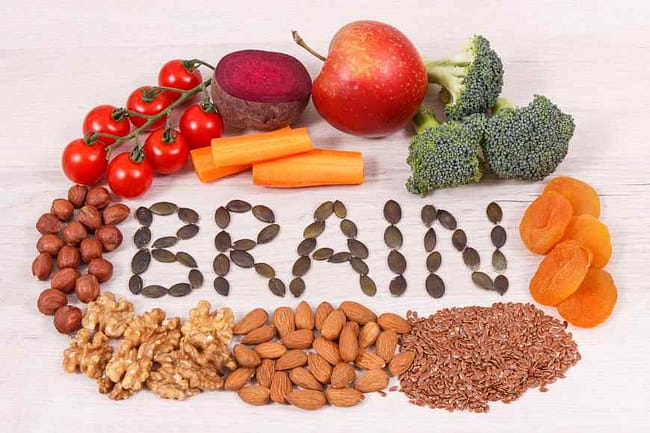
Improved circulation delivers more oxygen and nutrients to the brain, which can sharpen cognition.
Some studies show that drinking beetroot juice can lower the progression of dementia.
It's believed the nitrates help increase blood flow to the frontal lobes - the areas associated with cognitive function and memory.
The antioxidants in beetroot juice also help prevent oxidative damage to brain tissue.
Oxidative stress contributes to neurodegeneration and the development of dementia and Alzheimer's disease.
Additionally, the anti-inflammatory effects of beetroot compounds can reduce chronic brain inflammation.
Brain inflammation is linked to cognitive decline, depression, and anxiety.
By providing better blood flow, antioxidant protection, and anti-inflammatory effects for the brain, beetroot juice may help boost cognitive abilities, mood, and protection against neurodegeneration as we age.
More human research is still needed, but the early findings on beetroot juice for brain health are extremely promising.
Detoxification and Liver Health
The betalains and antioxidant content of beetroot juice provide powerful detoxification support.
The betalains in beets assist phase 2 detoxification which is when broken-down toxins get bound to other molecules so they can be excreted from your body.
Research shows that betalain concentration is directly linked to higher glutathione levels - your body's master antioxidant that neutralizes toxins and free radicals.
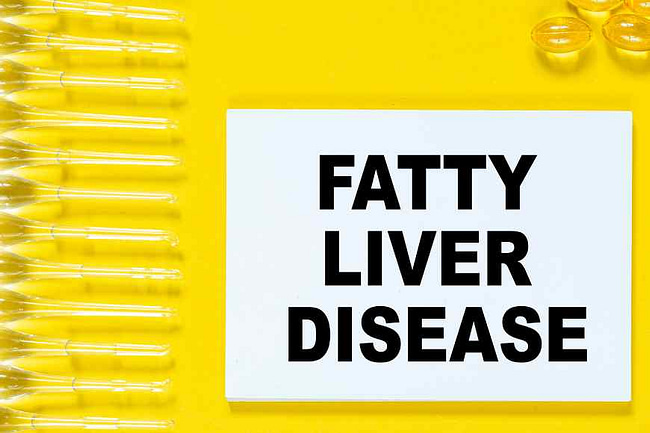
Beetroot also contains glycine betaine which supports detoxification and prevents fat build-up in the liver.
Excess fat accumulation in the liver leads to non-alcoholic fatty liver disease.
The folate in beetroot juice aids detoxification as well. It helps ensure proper methylation, which is essential for a healthy, functional liver.
With its potent detoxifying powers, beetroot juice is often used as the foundation of juice cleanses and detox diets.
It provides concentrated nutrition to support your body's natural detox processes.
By supporting glutathione levels and liver function, consuming beetroot juice helps remove toxins, reduces oxidative stress, and promotes overall health.
Potential Anti-Cancer Effects
The antioxidant, anti-inflammatory, and detoxification properties of beetroot compounds make it a potential ally for cancer prevention and treatment.
In lab studies, betanin - the pigment that gives beets their color - has demonstrated anti-tumor effects.
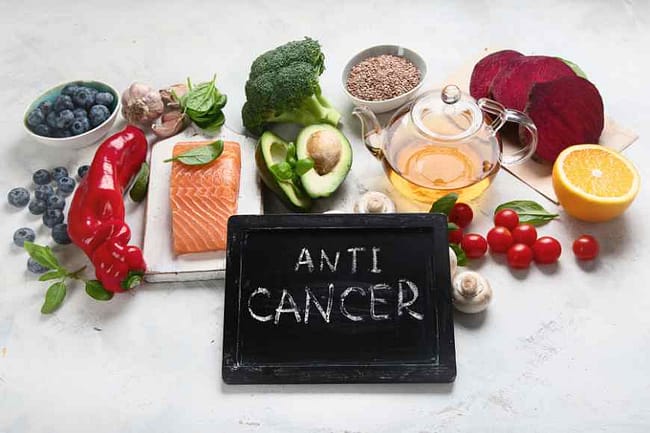
Researchers found it could inhibit the growth and spread of certain cancer cell lines.
Other beet compounds like phenolic acids and flavonoids have also exhibited anti-proliferative effects on tumors in vitro.
They appear to trigger apoptosis - programmed cell death - in cancerous cells.
Additionally, the antioxidants in beetroot juice neutralize free radicals, which are known to contribute to many cancers by causing DNA mutation and cellular damage.
While the cancer-fighting potential of beetroot compounds is promising based on preliminary studies, more extensive human clinical trials are needed.
However, adding beetroot juice to your diet as part of a healthy, plant-focused lifestyle may help lower your overall risk for cancer down the road.
Improves Digestion and Regularity
Drinking beetroot juice can also benefit your gastrointestinal system in a few ways.
Firstly, beets are high in fiber. One cup of beetroot juice provides around 3 grams of fiber.
This fiber helps add bulk to stools and prevent constipation. It improves regularity and digestive motility.
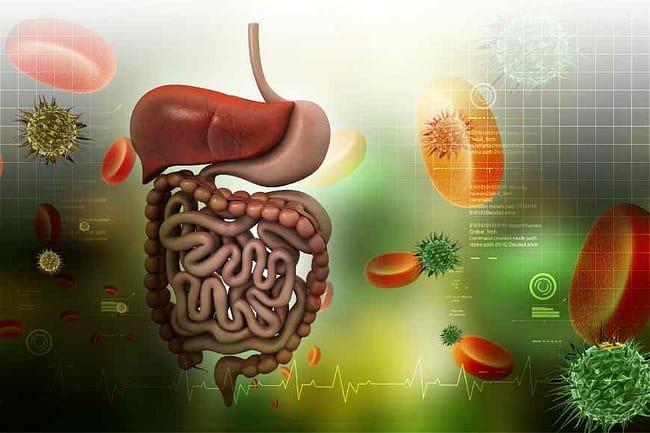
The fiber also feeds the good bacteria in your intestines, which support healthy digestion.
Additionally, the betanin found in beets has been shown to help strengthen the gut mucosal barrier.
This can prevent bacterial endotoxin translocation and leakage that causes inflammation.
Beetroot supplementation has also been found to improve symptoms of reflux disease and gastritis by decreasing oxidative stress in the stomach.
The anti-inflammatory compounds further provide soothing relief for those with inflammatory bowel diseases like Crohn's and ulcerative colitis.
So if you struggle with digestive issues, frequently get constipated, or suffer from gut inflammation, consider adding beetroot juice to your regimen for a healthy digestive boost.
Other Potential Benefits Being Studied
In addition to the major health benefits outlined already, ongoing research is examining the potential of beetroot juice for:
- Anti-inflammatory effects - The anti-inflammatory antioxidants may help relieve inflammatory conditions like arthritis, gout, and autoimmunity.
- Supporting healthy cholesterol - Beets can increase HDL (good) cholesterol while lowering LDL levels to improve cardiovascular protection.
- Wound healing - Beet compounds show potential for accelerating wound healing and tissue repair.
- Skin health - Applied topically, beetroot juice may reduce acne, provide anti-aging effects, and protect skin from sun damage.
- Diabetes management - Beet fiber helps regulate blood glucose levels, which may aid glycemic control and insulin sensitivity.
- Increased circulation - Beetroot improves peripheral circulation, which can relieve cold hands and feet while providing pain relief.
- Slowing vision loss - Lutein and zeaxanthin in beets may help slow age-related macular degeneration and vision issues.
While more research is needed, beetroot juice consumption shows considerable promise in these additional aspects of health - making it a well-rounded superfood.
Are There Any Side Effects or Risks?
For most people, moderate consumption of beetroot juice is very safe and healthy.
However, there are some potential side effects and precautions to be aware of:
- Beeturia - Beet pigments can turn urine and stool pink or red. This harmless effect will subside once you stop drinking beet juice.
- Kidney stones - The oxalates in beets may contribute to kidney stones in those already prone to the condition. Drink plenty of water to help flush out oxalates.
- Medication interactions - Beets can interact with certain medications like blood thinners and lithium. Speak with your doctor.
- Nitrate tolerance - Overconsuming beet juice can cause your body to build up a tolerance to nitrates. Moderate your intake.
- Unsuitable for some conditions - People with certain conditions like anemia, gout, kidney disease, and hypertension should consult a doctor before trying beetroot juice.
When drinking beetroot juice, stick to 4-8 ounces daily, dilute with other juices and water, and monitor your body's response.
This will allow you to experience the benefits safely.
Most natural whitening remedies need to be used for 2-4 weeks consistently to see noticeable results. Baking soda and hydrogen peroxide mixes provide quicker results while methods like coconut oil pulling act more gradually over time. Be patient and persistent.
Yes, ingredients like baking soda, strawberries, and activated charcoal are safe for enamel when used properly. Avoid over-scrubbing and limit acidic remedies like lemon juice. Whiten gently and rinse thoroughly. Discontinue use if you experience sensitivity.
Coffee, tea, red wine, berries, tomato sauce, soy sauce, dark sodas, and balsamic vinegar are common staining culprits. Limit consumption of these and be sure to brush or rinse your mouth after eating them.
Whitening toothpaste can help lift surface stains with mild abrasives and low-level whitening agents like hydrogen peroxide. However, dramatic whitening requires stronger methods. Toothpaste helps maintain brightness between whitening treatments.
Professional whitening is safe when done properly, but the higher peroxide concentration may temporarily increase sensitivity. Make sure you get dental exams and cleanings prior to whitening. Discuss options with your dentist based on the health of your teeth and gums.
To Sum it Up
With its robust nutritional profile and range of science-backed benefits, beetroot juice deserves its growing reputation as a health-boosting superfood.
Regularly drinking beet juice can lower blood pressure, improve cardiovascular health, enhance exercise performance, detoxify the body, stimulate the brain, and much more.
Beetroot juice provides concentrated amounts of critical vitamins, minerals, antioxidants, and anti-inflammatory agents required for optimal well-being.
While more studies are needed to confirm some emerging benefits, the proven advantages for heart health, athletic performance, detoxification, and cognition make beetroot juice worth incorporating into a healthy lifestyle.
Opt for fresh raw beetroot juice over bottled versions, which may contain added sugars to maximize the benefits.
Combining beet juice with other vegetable juices provides additional nutrients.
Drink beetroot juice in moderation, about 4-8 oz daily, and monitor your body's response.
This powerful health tonic can serve as a foundation for improved vitality, energy levels, and quality of life.
Let us know if you have any other beetroot juice questions!


